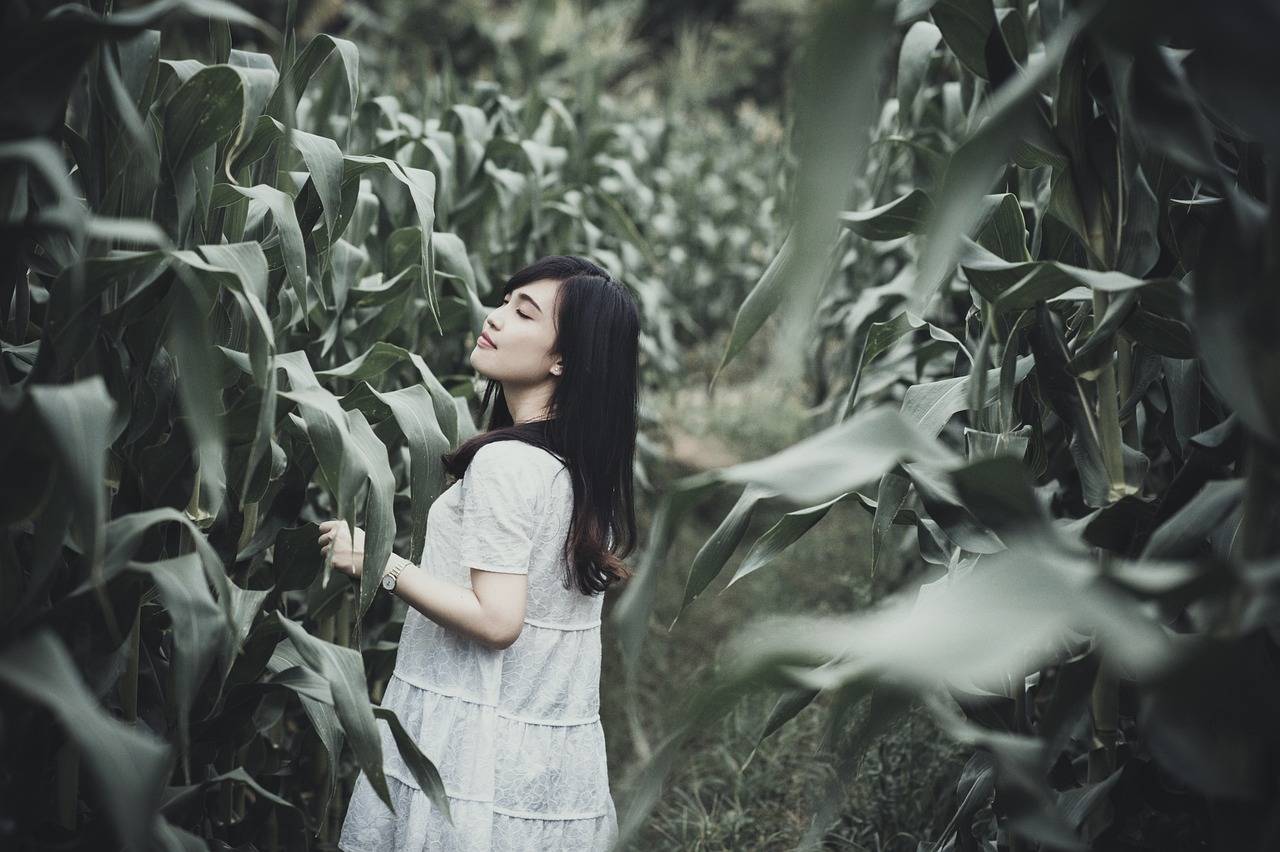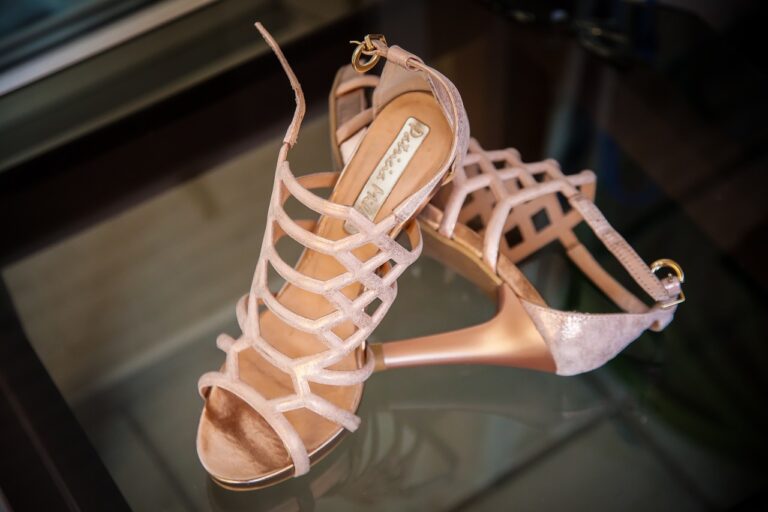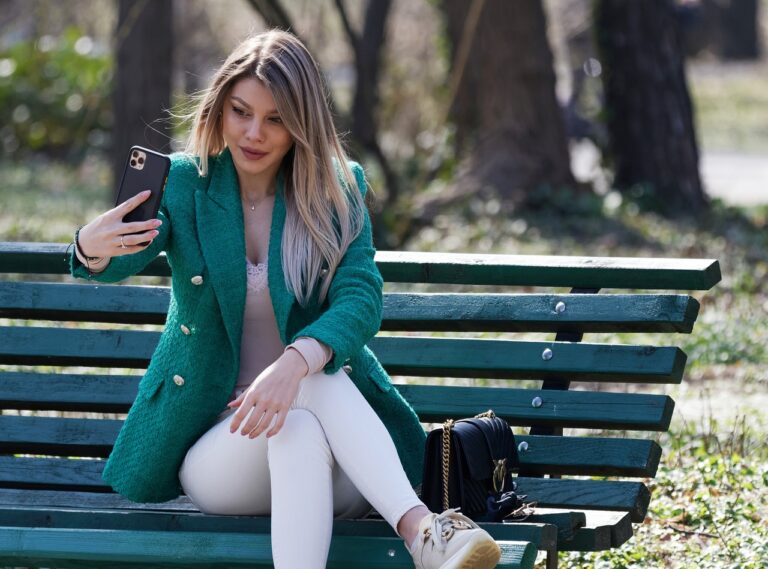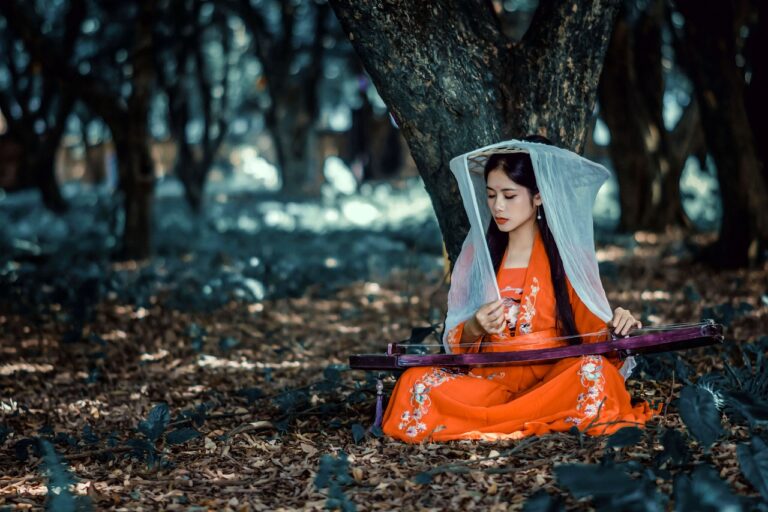The Influence of Global Events on Fashion Consumption Patterns
Fashion trends are influenced by a multitude of factors that shape the preferences and choices of consumers. One of the key determinants is societal influences, such as cultural movements, social media, and celebrities. These factors play a significant role in defining what is deemed fashionable and desirable in the eyes of the public.
Economic conditions also play a crucial role in driving fashion trends. During periods of economic prosperity, consumers are more inclined to spend on luxury and high-end fashion items. Conversely, in times of economic uncertainty or recession, there is a shift towards more affordable and practical fashion choices. The fluctuation in disposable income and consumer confidence directly impacts the fashion industry, leading to changes in consumption patterns and trends.
Global Economic Conditions Impact on Fashion Consumption
During periods of economic prosperity, individuals tend to exhibit higher levels of disposable income, leading to increased spending on luxury fashion items and trendier pieces. Conversely, during economic downturns, consumers tend to opt for more budget-friendly and classic pieces, demonstrating a shift towards practicality and longevity in their fashion choices.
The global economic conditions play a significant role in shaping consumer behavior towards fashion consumption. As countries navigate through periods of inflation, recession, or stability, these fluctuations impact the overall purchasing power of consumers, subsequently influencing the fashion industry’s sales trends and consumer preferences.
How do global economic conditions impact fashion consumption?
Global economic conditions can affect fashion consumption in various ways, such as influencing consumer spending power, fluctuating currency exchange rates, and affecting overall consumer confidence.
What are some factors that can affect fashion trends?
Factors that can affect fashion trends include cultural influences, technological advancements, celebrity endorsements, social media trends, and economic conditions.
How can individuals adapt their fashion consumption habits during challenging economic times?
Individuals can adapt their fashion consumption habits during challenging economic times by prioritizing essential purchases, shopping for sales and discounts, considering second-hand or sustainable fashion options, and focusing on versatile and timeless pieces.





